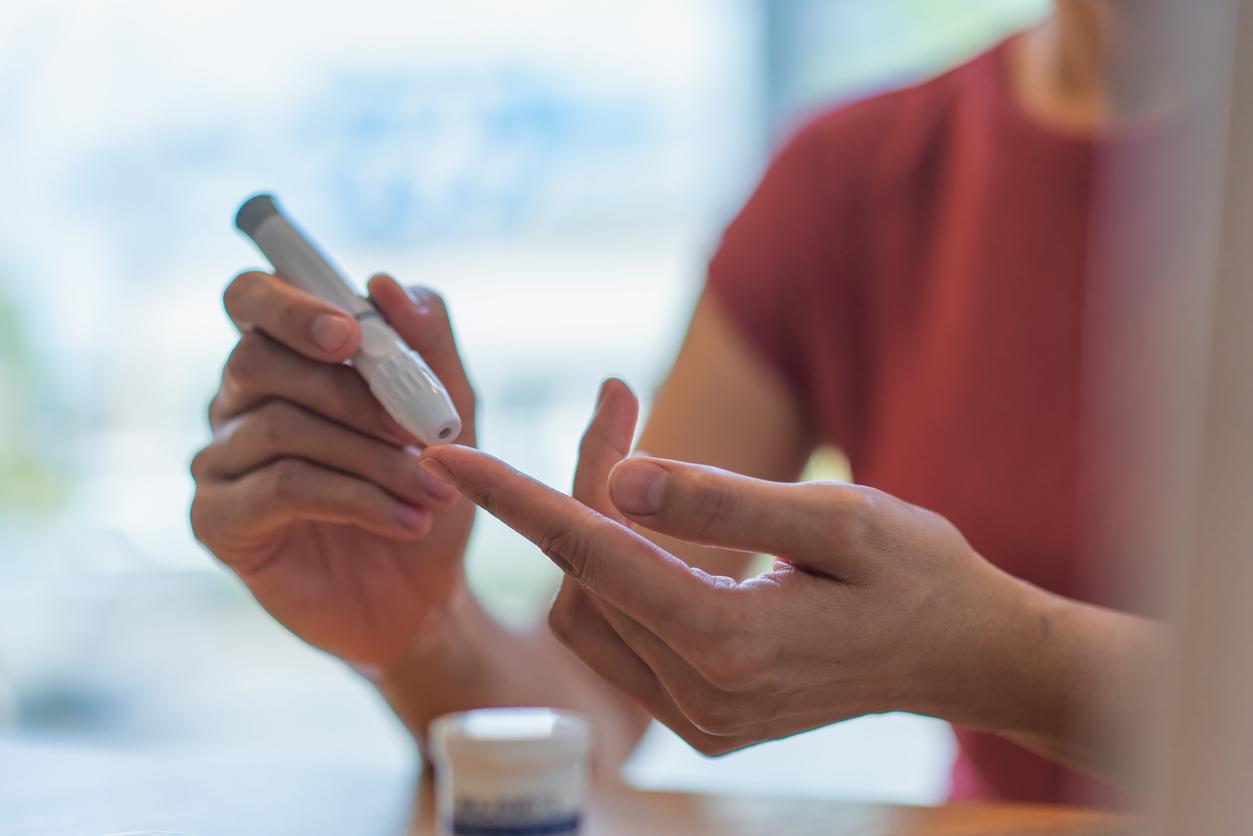Poor oral hygiene increases the risk of heart disease and diabetes, and alters the composition of the gut microbiome.

- Periodontal bacteria cause inflammation in the oral cavity and lead to weight gain and increased insulin resistance.
- Researchers have found a direct link between periodontal bacterial infection and metabolic function of skeletal muscle.
Periodontal or gum disease, gingivitis, caused in particular by poor oral hygiene, is known to be a significant risk factor for metabolic syndrome, increasing the risk of heart disease and diabetes. In a new study, researchers from Tokyo Medical and Dental University (TMDU) have found that infection with porphyromonas gingivalis, the bacteria responsible for gingivitis, also changes the composition of the gut microbiome and causes metabolic muscle dysfunction. skeletal, leading to many other health risks. They published the results of their research on November 16 in the FASEB Newspaper.
Understand a previously unknown process
Periodontal bacteria have long been known to cause inflammation in the oral cavity and can lead to weight gain and increased insulin resistance, a hallmark of type 2 diabetes. The function of insulin is to help transport glucose from the blood to the tissues, especially to skeletal muscle, where a quarter of all glucose is stored. Insulin resistance plays a key role in the development of metabolic syndrome, which includes obesity, impaired lipid metabolism, high blood pressure, high blood sugar, and systemic inflammation.
Although skeletal muscle is implicated in lowering blood sugar, a direct link between periodontal bacterial infection and skeletal muscle metabolic function has not yet been established. “The aim of our study was to investigate how periodontal bacterial infection could lead to metabolic alterations in skeletal muscle and thus to the development of metabolic syndrome.”, clarified Kazuki Watanabe, lead author of the study.
The intestinal microbiome is modified
To understand this process, the researchers studied the antibodies developed against the bacterium porphyromonas gingivalis in the blood of patients with metabolic syndrome. They found a positive correlation between antibody titers and increased insulin resistance. These results show that patients with metabolic syndrome are likely to have previously suffered a porphyromonas gingivalis infection. To understand the mechanism, the researchers continued their experiments on mice. They fed them a high-fat diet of Porphyromonas gingivalis. The mice developed increased insulin resistance, fat infiltration, and lower glucose uptake in skeletal muscle.
Next, the researchers observed the intestinal microbiome where the network of bacteria present in the intestine and with which the organism coexists in symbiosis. They found that in mice given the bacterium porphyromonas gingivalis, the gut microbiome is significantly altered, which could decrease insulin sensitivity. “These are striking findings that provide an underlying mechanism for the relationship between infection with the periodontal bacterium porphyromonas gingivalis and the development of metabolic syndrome and metabolic dysfunction in skeletal muscle.”, concludes one of the authors of the study, Professor Sayaka Katagiri.
.

















